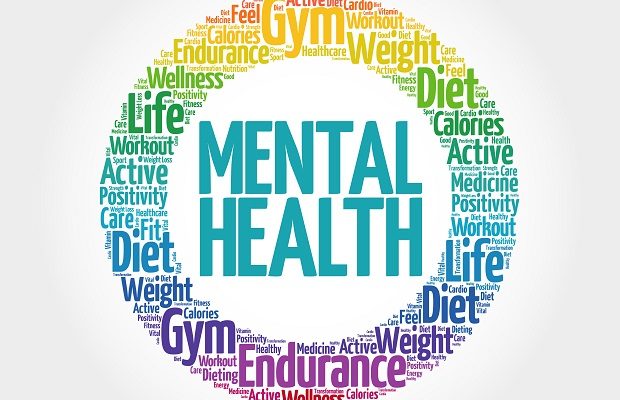
How Aware Are You of Your Own Mental Health?
These are questions we ask our patients, but rarely ask ourselves. How would we rate our mood on a scale of zero to ten? Have we experienced high anxiety or stress over the last two weeks? Have we had thoughts of wanting to harm or kill ourselves recently? Have we experienced depressed mood in the last month? Do we use alcohol, illegal, or prescription drugs to excess, or not as prescribed?
Let’s be honest, many of us don’t monitor our own state of health nearly as well as we monitor that of our patients. Yet, we know that in order to provide optimal care to our patients, and succeed in our professional roles, we need to take care of our own mental (and physical) health as well.
A recent study found that nearly 30% of medical residents experienced symptoms of depression. And everyone in healthcare knows that providing patient care can take a toll on one’s overall health—with mental health being particularly taxed.
So, what can healthcare professionals do to (1) have a good understanding of the state of their own mental health and (2) address any concerns that come up?
Assessing Your Own Mental Health
- The first step in evaluating your own mental health is to actually slow down long enough to be able to ask yourself some honest questions. And then also give yourself adequate time and space to answer them.
- Once you’ve cleared some time in your schedule, ask yourself a few pointed questions to assess your mental health. These questions might include:
- How would I describe my mood overall?
- Has my mood changed at all over the last six months to a year?
- Has my level of stress and/or anxiety changed recently?
- What strategies do I use to manage a low mood and/or anxiety when they come up?
- Are these strategies working?
- Are these strategies healthy (healthy = walking, yoga, reading, playing chess; not healthy = gambling, overeating, drinking alcohol, using tobacco or other drugs)?
- How am I functioning at work, in social relationships and within my family?
- Do I find pleasure in things I have usually found pleasurable?
- Has anything about my mental status changed? Am I having problems with memory, reality testing, confusion, or concentration?
- Have I had any thoughts of wanting to hurt or kill myself or someone else in the last few months?
Low mood, high levels of anxiety, and other mental health problems can make it difficult for folks to be successful in all areas of life. Mental illness can make relationships tough to navigate, and work hard to manage. In assessing the state of your mental health, be sure to look at the various roles you play (partner, parent, friend, and employee, for example) and take note of how you are doing in each of those roles. Is there anything getting in the way of how well you are performing the tasks in your life?
How to Get Help
If you determine that you could use further evaluation and mental health support, by all means, get it!
- Try checking with your employer to see if there are any mental health services or supports to which you are entitled.
- Ask your primary care provider for referrals to mental health professionals in your area.
Whatever the outcome of your mental health self-assessment, be sure to check back in with yourself on a regular basis.




